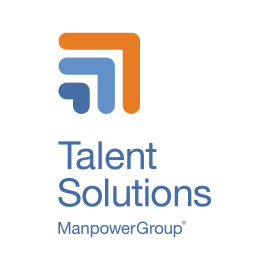TALiNT Partners Insights provides invaluable information that enables businesses to make informed, strategic decisions. Our curated insights are your tools for problem-solving, fostering growth, and achieving success within talent acquisition and staffing.
-
-
-
Featured Stories
- 26/04/2024
- 26/04/2024
- 26/04/2024
- 25/04/2024
- 25/04/2024
-
-
Latest News
- Unlocking Success: Total Talent Management in the Modern Era26/04/2024
- Emerging Talent Summit: Reaching tomorrow’s talent today26/04/2024
- The countries with the most expensive freelancers – UK ranks 9th26/04/2024
- Winners from the TIARA Staffing Awards US are profiled!25/04/2024
- Worksome NYC Talent Leaders Dinner25/04/2024
- Unlocking Success: Total Talent Management in the Modern Era
-
-
Audience
About Us
-
Content Types
Regions
-
-
Home Talent Solutions Page 2















